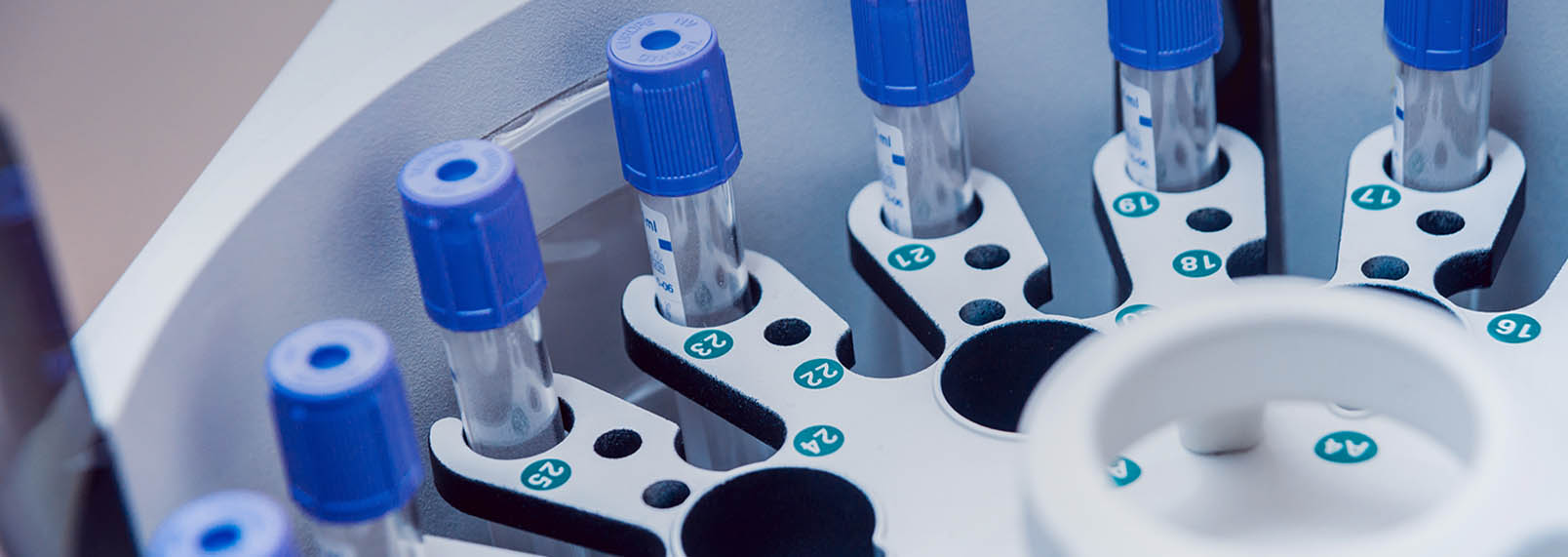1.[The combination of dasatinib and gefitinib enhances the killing effect of gefitinib on HCC827 lung cancer cells].
Wang Z1, Li L2, Shao Z2, Xie H2, Yang F2, Zhou N3. Xi Bao Yu Fen Zi Mian Yi Xue Za Zhi. 2016 May;32(5):595-9.
Objective To investigate the molecular mechanism underlying that dasatinib enhances the killing effect of gefitinib on HCC827 lung cancer cells. Methods HCC827 cells and gefitinib-resistant HCC827GR cells were treated with 0, 100, 500, 1000 nmol/L gefitinib alone or in combination with 1000 nmol/L dasatinib. The proliferation of HCC827 cells and HCC827GR cells was detected by MTT assay, the activity of caspase 3 was tested by spectrophotometry, and the protein phosphorylation levels of Src and epidermal growth factor receptor (EGFR) were examined by Western blotting. Results Src phosphorylation level was obviously enhanced in HCC827GR cells. Dasatinib significantly inhibited Src phosphorylation, promoted the cell proliferation and the expression of caspase 3. The combination of gefitinib and dasatinib had the stronger killing effect than gefitinib alone did. Conclusion The combination of dasatinib and gefitinib can enhance the inhibition on the expression of Src protein and the killing effect of gefitinib on HCC827 lung cancer cells.
2.Anticancer Effects of Paris Saponins by Apoptosis and PI3K/AKT Pathway in Gefitinib-Resistant Non-Small Cell Lung Cancer.
Zhu X1, Jiang H2, Li J3, Xu J4, Fei Z5. Med Sci Monit. 2016 Apr 29;22:1435-41.
BACKGROUND Paris saponins have been studied for their anticancer effects in various cancer types, but the mechanisms underlying the cytotoxic effects, especially in EGFR-TKI-resistant cells, are still unclear. We explored the potential mechanism of the antitumor effects of PSI, II, VI, VII in EGFR-TKI-resistant cells and attempted to develop PSI, II, VI, VII as a systemic treatment strategy for EGFR-TKI-resistant lung cancer. MATERIAL AND METHODS Growth inhibition was detected by MTT assay. The apoptosis assay was detected using annexin-V/PI and Hoechst staining. The level of PI3K, pAKT, Bax, Bcl-2, caspase-3, and caspase-9 protein expression were detected using Western blot analysis. RESULTS The results revealed that PSI, II, VI, VII inhibited the proliferation of PC-9-ZD cells. Furthermore, PSI, II, VI, VII induced significant cell apoptosis. The levels of PI3K, pAKT, Bcl-2 protein decreased, while the Bax, caspase-3, and caspase-9 protein was increased by PSI, II, PSVI, PSVII treatment and resulted in increased sensitivity to gefitinib in PC-9-ZD cells.
3.Study of Gefitinib and Pemetrexed as First-Line Treatment in Patients with Advanced Non-Small Cell Lung Cancer Harboring EGFR Mutation.
An C1, Zhang J2, Chu H1, Gu C3, Xiao F3, Zhu F1, Lu R1, Shi H1, Zhang H1, Yi X4. Pathol Oncol Res. 2016 Apr 28. [Epub ahead of print]
To evaluate the efficacy and safety of a combination regimen of gefitinib and pemetrexed as first-line chemotherapy in advanced EGFR-mutated non-small cell lung cancer (NSCLC) patients. Patients and methods Patients with advanced non-squamous NSCLC harboring asensitive EGFR mutation were included in this study and randomly divided into gefitinib + placebo group and gefitinib + pemetrexed group. Pemetrexed or placebo was administered on day 1 at a dose of 500 mg/m2, and gefitinib was sequentially administered on days 2 ~ 16. This treatment regimen was repeated every 3 weeks until disease progression. All investigators and participants were masked to treatment allocation. The overall response rate (ORR) and disease control rate (DCR) of gefitinib + pemetrexed group were higher than that of gefitinib + placebo group but only the difference of DCR between two groups was statistically significant (P < 0.05). The median progression-free survival (PFS) of gefitinib + placebo group and gefitinib + pemetrexed group were 14.
4.Elevated levels of plasma lactate dehydrogenase is an unfavorable prognostic factor in patients with epidermal growth factor receptor mutation-positive non-small cell lung cancer, receiving treatment with gefitinib or erlotinib.
Inomata M1, Hayashi R1, Tanaka H1, Shimokawa K1, Tokui K1, Taka C1, Okazawa S1, Kambara K1, Ichikawa T1, Yamada T1, Miwa T1, Kashii T2, Matsui S3, Tobe K1. Mol Clin Oncol. 2016 May;4(5):774-778. Epub 2016 Feb 16.
Treatment with epidermal growth factor receptor-tyrosine kinase inhibitors (EGFR-TKIs) has been shown to prolong survival in patients with EGFR mutation-positive non-small cell lung cancer (NSCLC). The present study performed a retrospective analysis to investigate the association between the plasma lactate dehydrogenase (LDH) levels and survival in patients with EGFR mutation-positive NSCLC receiving treatment with EGFR-TKIs. The medical charts of patients with EGFR mutation-positive NSCLC who were receiving treatment with EGFR-TKIs at Toyama University Hospital between 2007 and 2014 were assessed. The data from 65 patients were included in the analysis. Patients with higher plasma LDH levels exhibited shorter progression-free survival (6.2 vs. 13.2 months; P<0.01) and overall survival (10.5 vs. 36.1 months; P<0.01) periods compared with patients with lower plasma LDH levels. A Cox proportional hazards model identified that the plasma LDH level was associated with the progression-free survival (P=0.






